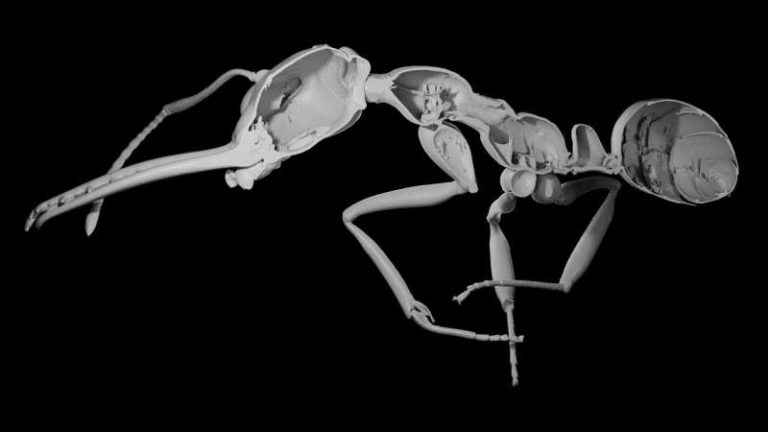Why Sleep Might Be Our Brain’s Safety Switch

We’ve all felt it—those heavy eyelids, the irresistible pull toward sleep after a long day. But why do our brains insist on shutting down for hours each night? A new study from researchers at the University of Oxford may have finally cracked part of the mystery, and the answer takes us right down to the tiny powerhouses inside our cells: mitochondria.
More Than Just Rest
Most of us think of sleep as a reset button for the mind. But this new research suggests it’s also crucial maintenance for the body’s energy supply. Published in Nature, the study shows that the urge to sleep is tied to the way mitochondria—the structures that turn oxygen and food into energy—sometimes spring tiny “leaks.”
When mitochondria in special sleep-regulating brain cells become overloaded, they leak electrons. That may sound harmless, but these leaks create damaging molecules called reactive oxygen species. Left unchecked, they can harm cells. Sleep, it turns out, acts like a safety system: it kicks in to restore balance before real damage spreads.
Neurons as Circuit Breakers
The Oxford team, led by Professor Gero Miesenböck and Dr. Raffaele Sarnataro, discovered that specialized neurons act like circuit breakers. They constantly monitor the mitochondrial leaks. When the leak passes a certain threshold, the neurons “trip,” pushing the brain into sleep mode. It’s as if our brains are hardwired to pull the plug when the system risks overheating.
The researchers tested this idea in fruit flies and found that by tinkering with the way these neurons managed their energy, they could actually control how much the flies slept. More energy meant more leaks—leading to more sleep. In one clever twist, they even used light-powered proteins from microorganisms to pump extra energy into cells, which caused the same result: overload, leak, sleep.
Connecting Sleep, Energy, and Life Span
This discovery ties together some fascinating patterns we already knew. For example, smaller animals, which burn through oxygen faster relative to their size, tend to sleep more but live shorter lives. Humans with mitochondrial diseases often suffer extreme fatigue without much exertion—possibly because their mitochondria leak energy more easily, flipping the brain’s “sleep switch” more often.
The study suggests that the drive to sleep is built into the very way our bodies process oxygen and energy. It’s not just about mental rest or memory consolidation—it’s also about protecting our energy engines from wear and tear.
Why This Matters
The findings don’t just answer one of biology’s biggest mysteries. They also open doors to new ways of thinking about aging, fatigue, and even neurological diseases. If sleep is tied so closely to mitochondrial health, improving the way our cells handle energy might one day help with conditions that sap energy or disrupt sleep.
For now, though, this research gives us a fresh appreciation for something we often take for granted. The next time you’re yawning at your desk or dozing off on the couch, remember: it’s not just laziness. Your brain might be flipping a very ancient, very smart safety switch—all to protect the tiny engines that keep you alive.
Source: “Mitochondrial origins of the pressure to sleep” by Raffaele Sarnataro, Cecilia D. Velasco, Nicholas Monaco, Anissa Kempf and Gero Miesenböck, 16 July 2025, Nature.
DOI: 10.1038/s41586-025-09261-y




